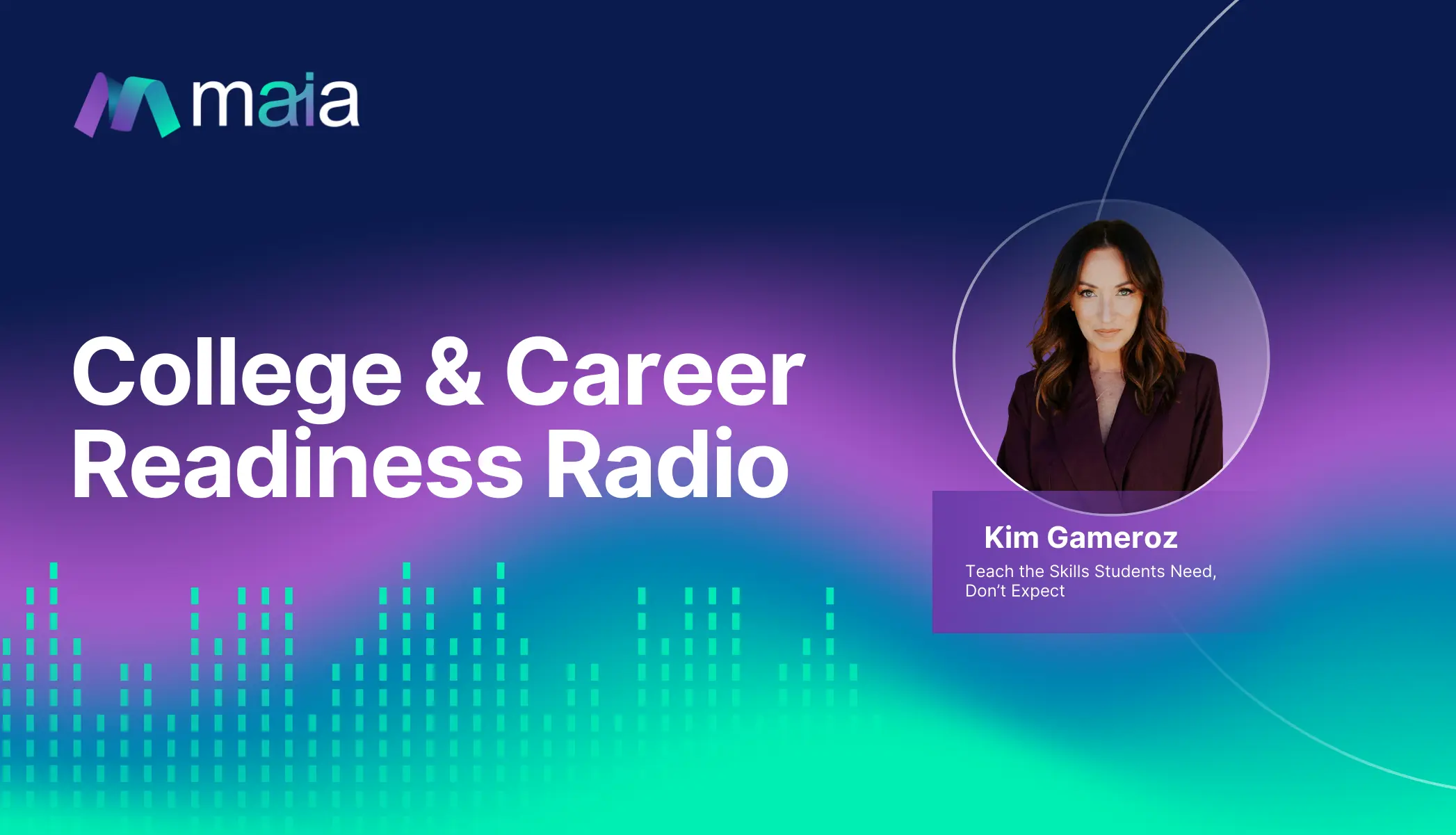Students can easily get overwhelmed when application season arrives, and they’re already busy with life as a high school student. In fact, college bound students are often scheduled for their most difficult course load and balancing multiple extracurricular activities because they know that these things matter for their application. Many college bound students have been planning to have a top notch application for years, and now that application season is here, the things they want to showcase are exactly what have them swamped. But, there are several antidotes and ways in which counselors and others can help. The following tips are designed to give school leaders an edge when working with students who feel like it’s impossible to do it all.
Prioritize and Plan
The biggest step that over-committed students can take is to create a roadmap. This starts with making lists of all of their projects and obligations and then putting them on a calendar. Some of the items are fixed, like a baseball game or a school dance, but others can be scheduled at will. Often, we find that students will complete a task that isn’t due until way in the future when they’ve skipped a task that’s due this week or next. Too many high school students are still not accustomed to planning using a calendar app on their phone even though they spend so much time on it. This is also a durable skill that translates to using a calendar in life and work and seeing life as a series of events rather than a more whimsical approach of just letting things unfold as they occur.
Pro-Tip: Anything school related that can be pushed out as an event and placed on students calendars should be.
Set Realistic Goals
We must encourage students to set manageable goals for each day and each week. We all tend to overestimate what we can do in a day and underestimate what we can accomplish in a week. If a student needs to write a draft of an essay and complete an assignment for their US History course, they should set realistic goals around how long those things will take to complete so that they can also attend the club meeting that night. Helping students to use the SMART (Specific, Measurable, Achievable, and Time-Bound) goal framework provides them with a tool to support getting everything done within the time they have. Students can also set goals in the different categories of their lives, such as academic, college, career, etc. This isn’t always intuitive to do so students may need guidance as they build their goal-setting muscles.
Pro-Tip: Whenever possible, we should help students see that their goals can be broken down into smaller steps.
Schedule Focus Times
Now that we have our calendar strategy in play, we can use it to schedule focus time. With a busy schedule, it’s critical that students block time for application related items, such as essay writing. It’s not practical to think that they’ll just find the time or be able to limit distractions. Plus, when we multi-task, all we’re doing is diminishing the time and attention that we’re given to any single task. Students should schedule themselves to be in a quiet space, and either reduce or eliminate the use of their phones. It’s just too easy for a student to schedule themselves for writing time and then to use that time on social media. Adults can help students with both the time blocking strategy and the limited screen time suggestion.
Pro-Tip: Ask students where they’re most productive in terms of school work and then use that space for application season.
Balance Depth and Breadth
Colleges value commitment, leadership, and passion, not the sheer volume of activities. We have to help students, especially those who are already busy and overwhelmed, to restrict what they add to their already full plates. When students say that they’re taking on another extracurricular, we must advise them about the amount of time that’s necessary and ask questions about how this strengthens or weakens their ability to do everything else with fidelity. Right before application season, students have a tendency to think they need more for their resumes, essays, and activity lists, which is unlikely for students who think this way in the first place. It’s better that we help them go deeper with the activities they’re already doing then to add. This is a good time to remind them of quality over quantity.
Pro-Tip: Ask students to reflect on their experiences in a way that helps them to see the value in a small number of commitments versus just adding to add.
Schedule Check-Ins
With high student to counselor ratios, it’s not always possible to meet regularly in a 1:1 format, but creating case loads, assignment templates, events, and office hours can be doable for a busy counselor who wants to share information and help students balance their school work, extracurriculars, and college application writing. These meetings might be about something in particular that you want to present, but they can also just provide a simple check-in to ensure that students are using the aforementioned strategies and tips. The key to successful check-ins are in the establishment of a regular frequency and cadence so that they’re scheduled. This ensures that students know when and how often they occur. This can also cut down on drop-ins because students can save their questions and concerns for the scheduled check-in.
Pro-Tip: Encourage students to use self-care strategies, such as rest, healthy eating choices, and breaks.
Conclusion
Application season can be daunting for everyone, but these strategies can help students strike a balance. They also serve counselors in terms of setting expectations for how students can help themselves versus always needing adult intervention after things go wrong. When students are proactive with things like using a calendar to prioritize tasks, it saves everyone from the heartache when due dates pass and items get missed.
If you’d like to explore a platform that helps counselors manage assignments and events while guiding students to set SMART goals and reflect on their learning journey, schedule your demo today.
.png)

.jpg)













